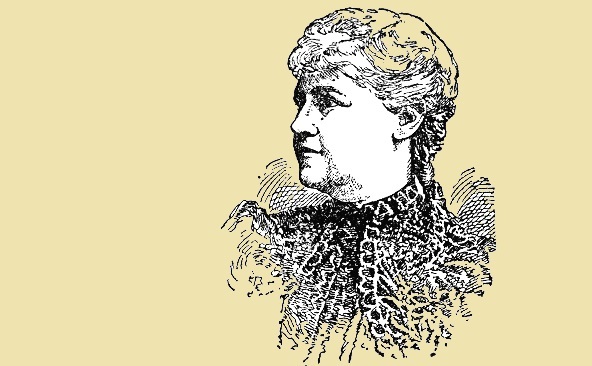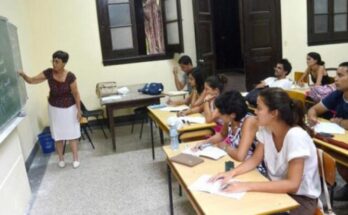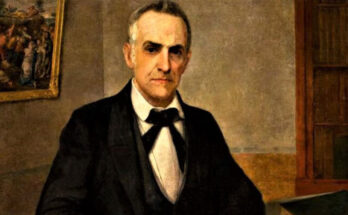August, 2024: On August 6, 1820 dies the Camagüeyan Aurelia Castillo de González, writer of stories and poems, the most outstanding patriot and journalist of the XIX Century in Cuba.
In 1875, during the Ten Years’ War, she was exiled together with her husband, the Spanish army colonel José Francisco González, due to the protest she presented for the execution of the Cuban patriot doctor Antonio Luaces Iraola; from that moment on, both visited several countries in Europe and America and she prepared travel chronicles, which were very much celebrated by the readers of the time.
In Spain she collaborated in the magazines: Cádiz, Crónica Meridional and El Eco de Asturias; at the end of the Necessary War she returned to Cuba, and founded the asylum Huérfanas de la Patria (Orphans of the Homeland) and she fully joined the literary and journalistic work in publications such as El Fígaro, La Habana Elegante and El País, among others, and in her native province she began to write for La Luz, La Familia, El Camagüey, El Pueblo and El Progreso.
In 1910, the National Academy of Arts and Letters was founded in Havana and five women joined its ranks, three of them Cuban by birth: Nieves Xenes, Dulce María Borrero and Aurelia Castillo, and the other two were Dominican painter Adriana Billini Gautreau and Puerto Rican poetess Lola Rodríguez de Tió.
Author of a work that covers a wide spectrum of genres and themes, she wrote poems, fables, legends, literary criticism, travel books; she was a journalistic correspondent, translated great authors, participated in philosophical polemics and was tireless in her correspondence;
Defender of women’s rights, with more than seven decades of life, Aurelia chaired the commission in charge of the celebrations for the centennial of the outstanding Camagüey poetess Gertrudis Gómez de Avellaneda; she was in charge of the care of the poetry in the first edition of the Works of José Martí and also collaborated in the magazines Social and Cuba Contemporánea.





